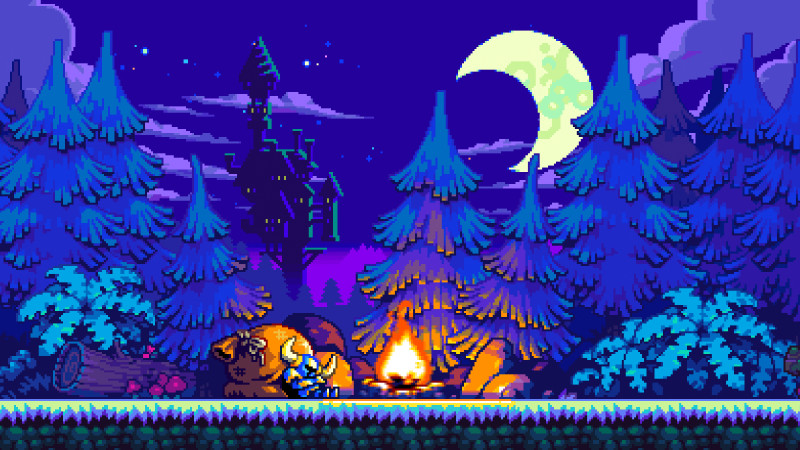
Reviewed on: PC
Platform: Switch, PC, iOS
Publisher: Yacht Club Games
Developer: Nitrome, Yacht Club Games
Release:
The second I began Shovel Knight Dig, it felt like returning home. As someone who hadn’t played most of Shovel Knight’s post-launch DLC, the last time I touched this series was nearly a decade ago. Gaining control of the titular character immediately felt familiar, and my old Shovel Knight habits returned to greet this new take on the series, led by developer Nitrome this time. The moment-to-moment experience plays excellently, in part because it’s more Shovel Knight with some well-designed gameplay twists. However, the game’s venture into roguelite territory feels inessential and so light-stepped that it didn’t convince me it needed to be a part of this ever-expanding genre. Still, Shovel Knight Dig is more Shovel Knight, meaning retro-game and platforming enthusiasts will find great enjoyment throughout.
Rather than moving right through a beautifully pixelated stage, Dig tasks players with digging down, deeper and deeper into procedurally generated levels. This presents new feelings in the pantheon of emotions I feel while playing a Shovel Knight game: urgency and stress. Unlike many platformers out there, you can’t take the time to observe where you must go and how best to get there. You have to keep digging down and while going back up a few spaces is possible, it’s not easy. You’re not meant to backtrack because your goal is far below you. If you miss some gems or one of the stage’s three machine cogs, which unlock a special bonus reward, you probably missed your chance.
On top of that, if you spend too long in any one place, the antagonist Drill Knight will use a massive one-hit-kill excavation machine to bury you deeper into the Smeltworks, Secret Fountain, Grub Pit, or one of the game’s other stages. I like this added stress to Dig’s platforming, which largely feels identical to that of the original Shovel Knight game.
After completing three stages in a given lair, you face a boss. I love these boss fights, but they’re disappointing in the context of Dig. They feel like Shovel Knight bosses, fast-paced and fun, but they don’t take advantage of the new mechanics specific to Dig. You jump around an arena attempting to damage a boss while dodging their attacks. Only the final boss implements the game’s unique dig platforming mechanics and I wish this type of design was present in the multiple other opponents I faced before this one.
The hours I spent digging down through stage after stage, I rarely felt like I was playing a roguelite. It was only when I died and returned to above ground, which is where a camp of NPCs you’ve met and shopkeepers reside, that I was reminded of the game’s tip-toe into roguelite mechanics. You lose your stage progress and some of your gems upon death, but these losses are so minuscule that I never felt compelled to go out of my way to retrieve my lost currency in the next run.
I also never felt the need to equip new sets of armor, which can only be purchased after finding templates of them in secret areas scattered throughout the various stages. In fact, the only permanent upgrade I could make was to my bag, which allowed me to hold onto more than one item, like a door or chest key, at a time. Part of the fun of a roguelite is tracking your progression and growing more powerful each run, but in Dig, each run felt like a brand new start. I didn’t hate this, but it’s not my cup of tea.
Still though, because most of my eight hours with Dig were spent spelunking through stages leading down, I rarely had to think about the game’s roguelite efforts. I spent most of my time playing through beautiful stages to the tune of chippy synth tunes, fascinated with how far Nitrome and Yacht Club were able to stretch the “dig” aspect of this game. Perhaps the roguelite nature of Dig will play a bigger role in my post-game excavations because I’m rearing to jump back in to discover all of its secrets. Even if it doesn’t, though, I know I still have at least a few more hours of great Shovel Knight gameplay ahead of me and in the world of platforming, that’s a treasure worth digging up.
Score: 8
About Game Informer's review system
Hope to see you in Next Article Soon!

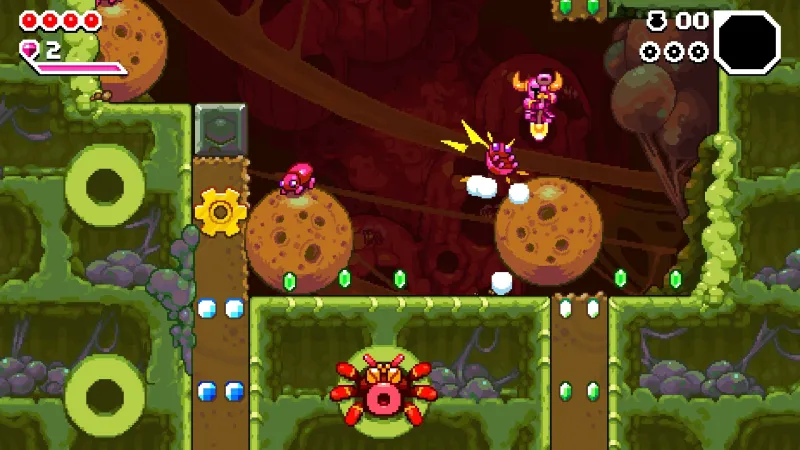
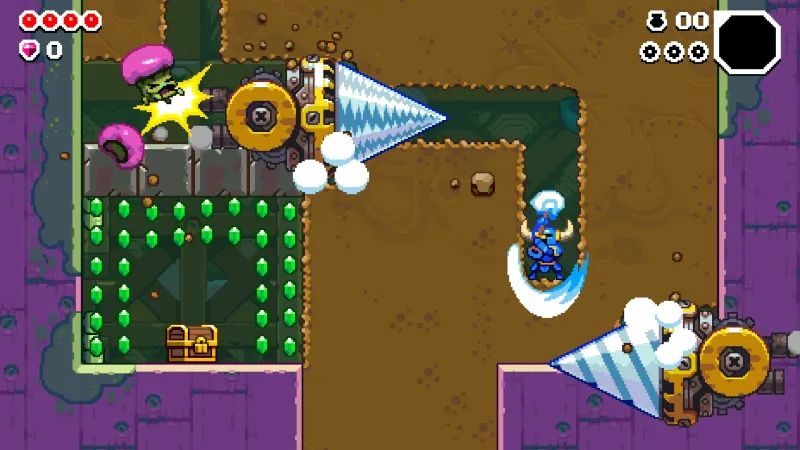
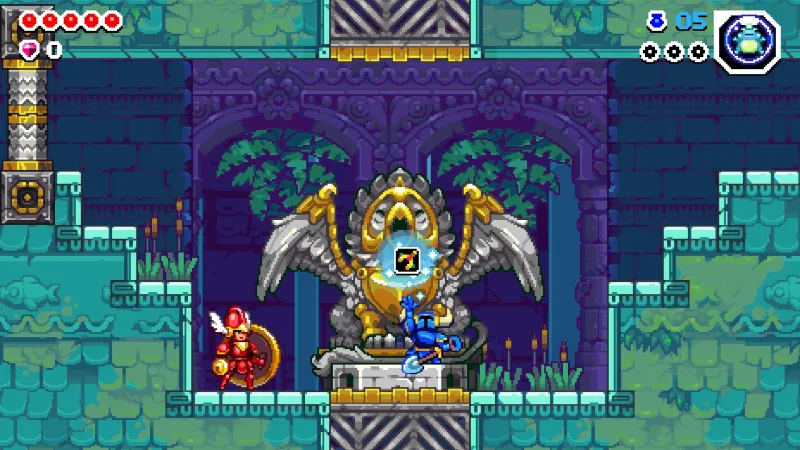
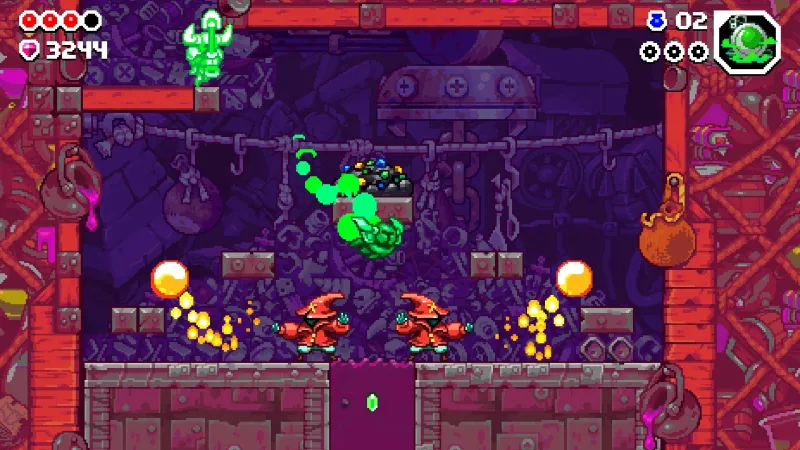
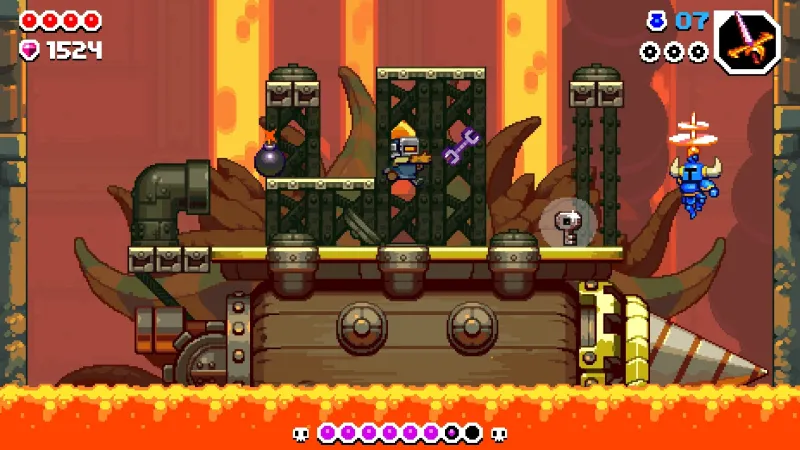
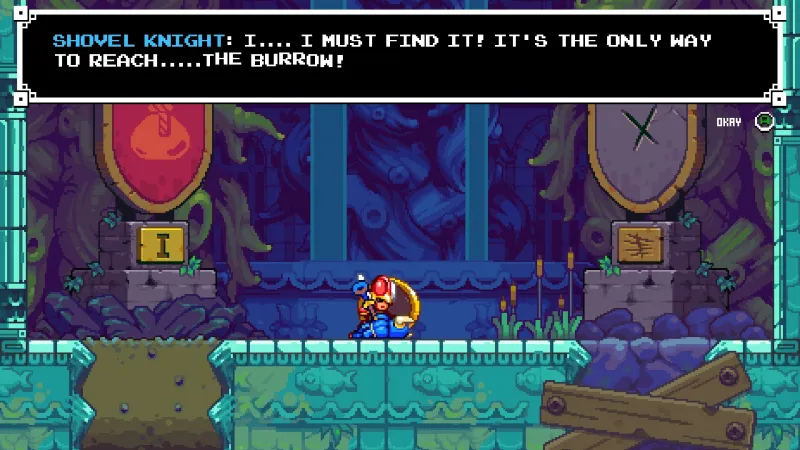
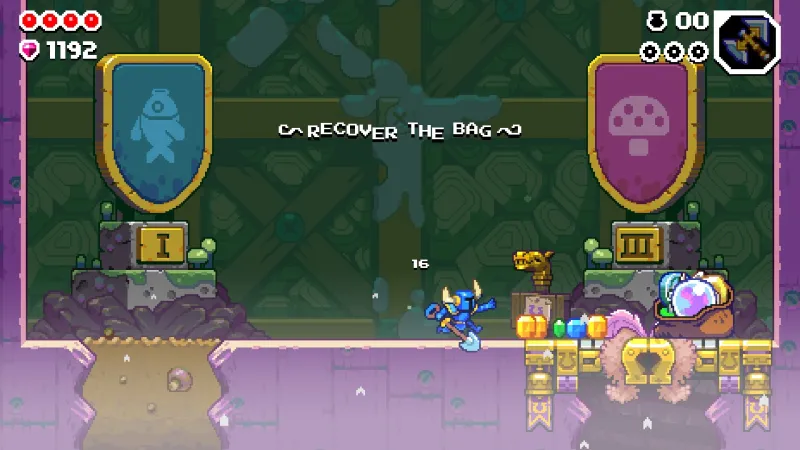
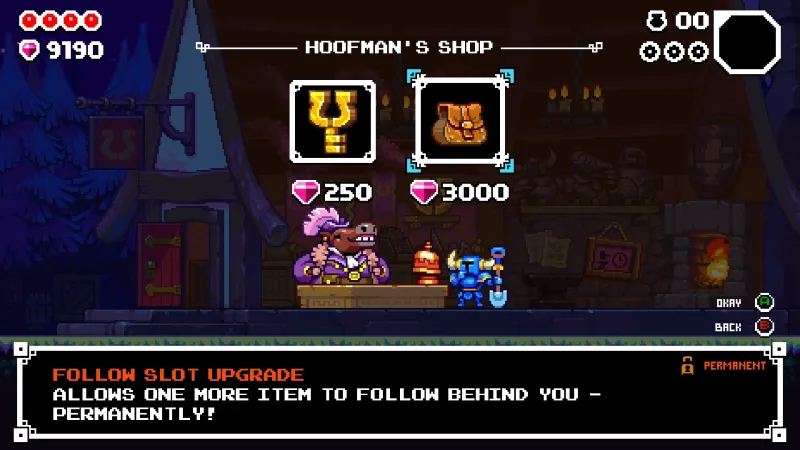
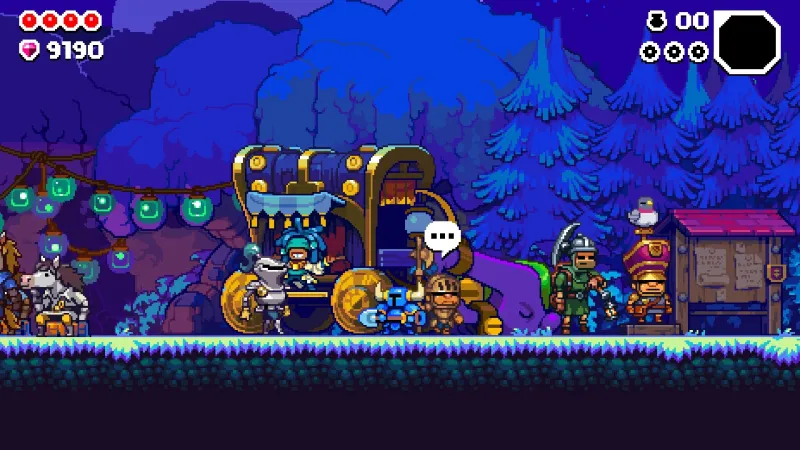
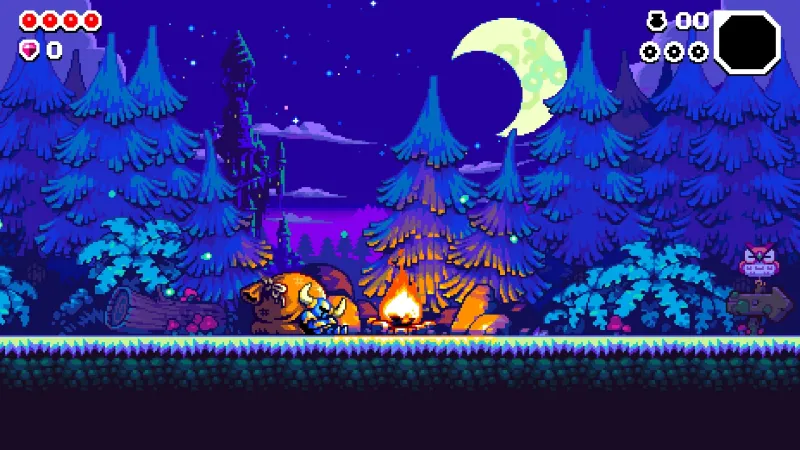
No comments:
Post a Comment